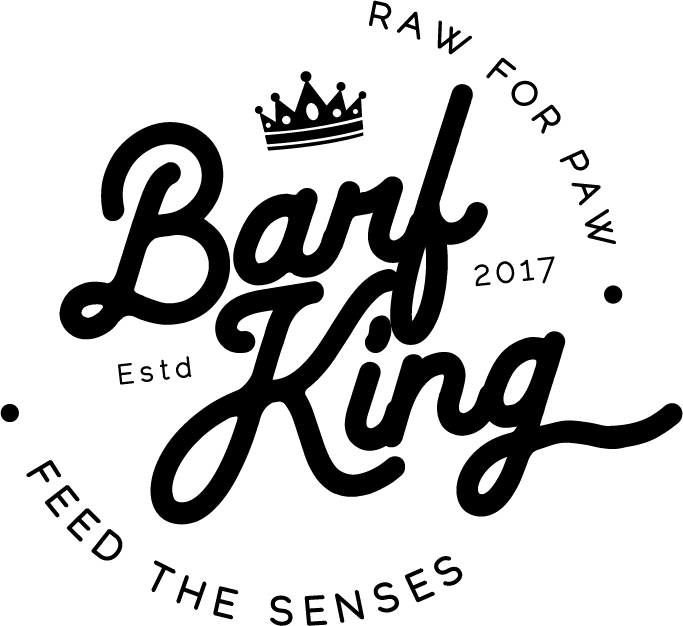Sensitive Stomach
Some pets have guts of steel and can eat almost anything they find in the yard or on a walk with no ill effects. However, not every pet is so lucky. Many tend to be more sensitive than this.
Do you have a pet that has one or more of the following symptoms?
- Intermittent loose stools
- Occasional vomiting
- Excessive flatulence
If so, your pet may have a sensitive stomach.
Some pets cannot handle a lot of variety in their diet or withstand ingredients that make their digestive systems work a little harder than normal.
If you suspect that your pet might have a sensitive stomach, the first thing to do is to simplify their diet. Cut out all the extras — no table scraps, limit yourself to giving just one type of highly digestible treat (or even better, use their regular food as a treat), and make sure they are not getting into anything that he shouldn’t be (e.g., the garbage)
What Is the Easiest Food for a Dog to Digest?
Foods made from high-quality ingredients tend to be much more digestible than lower quality products. Does your pet’s food contain too much carbohydrates? Certain types of fiber can also promote digestive health. Look for a source of both soluble and insoluble fiber. Vitamins and minerals, especially those with antioxidant qualities, can also improve digestive function, so make sure your pet’s food contains appropriate levels of vitamins A, C, and E, beta carotene, and selenium.
If you think that your pet’s current diet could be playing a role in his tummy troubles, switch to a different food that meets the criteria listed above. Try BARF diet.
Most commercially available processed dog food is cooked, and cooking food damages some of the valuable ‘live’ enzymes as well as phytonutrients and many of the vitamins and minerals found in raw meat and vegetables.
These are the very enzymes that pets need to be able to digest food properly. Dogs and cats bodies digest raw meat far better than cooked, so they get more nutritional value from it.
Animals fed a raw diet have also been found to have a higher proportion of “good bacteria” in their gut, and less “bad bacteria”, which helps to boost not only gut health, but the entire immune system. Another reason why raw really can help to restore animal wellness especially pets with weak gastrointestinal (sensitive stomach).
If your dog’s symptoms are more than just mild and intermittent, or switching to a highly-digestible food doesn’t improve the situation, talk to your veterinarian. More serious conditions, like a food allergy or inflammatory bowel disease, can have symptoms that are similar to those seen in dogs with sensitive stomachs.


